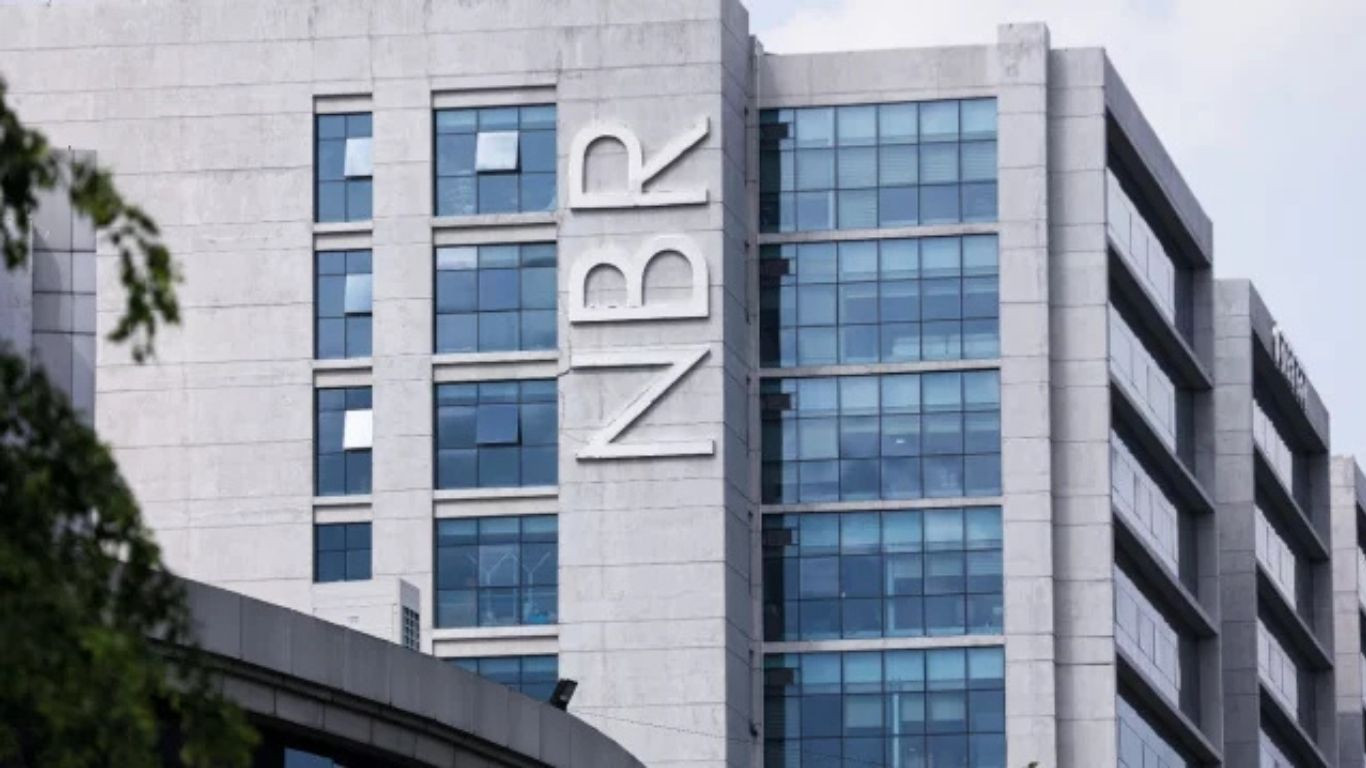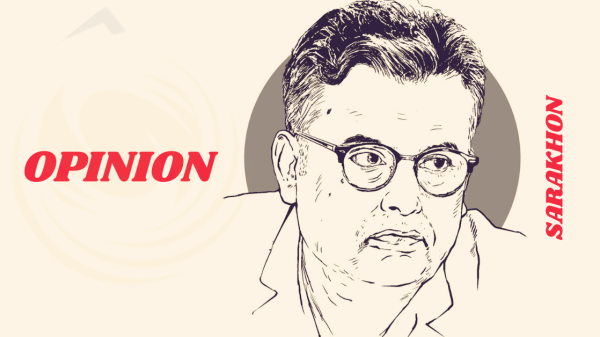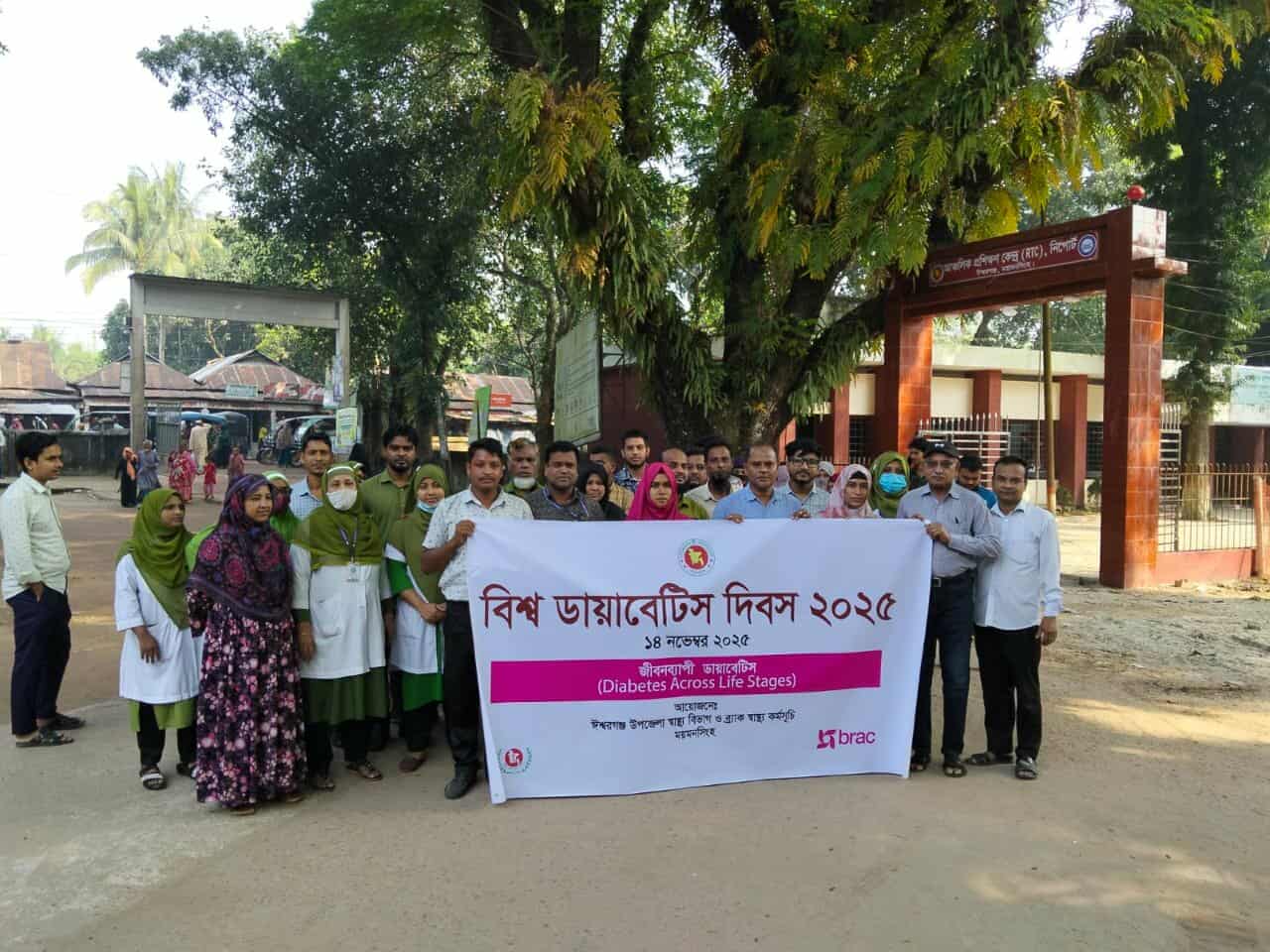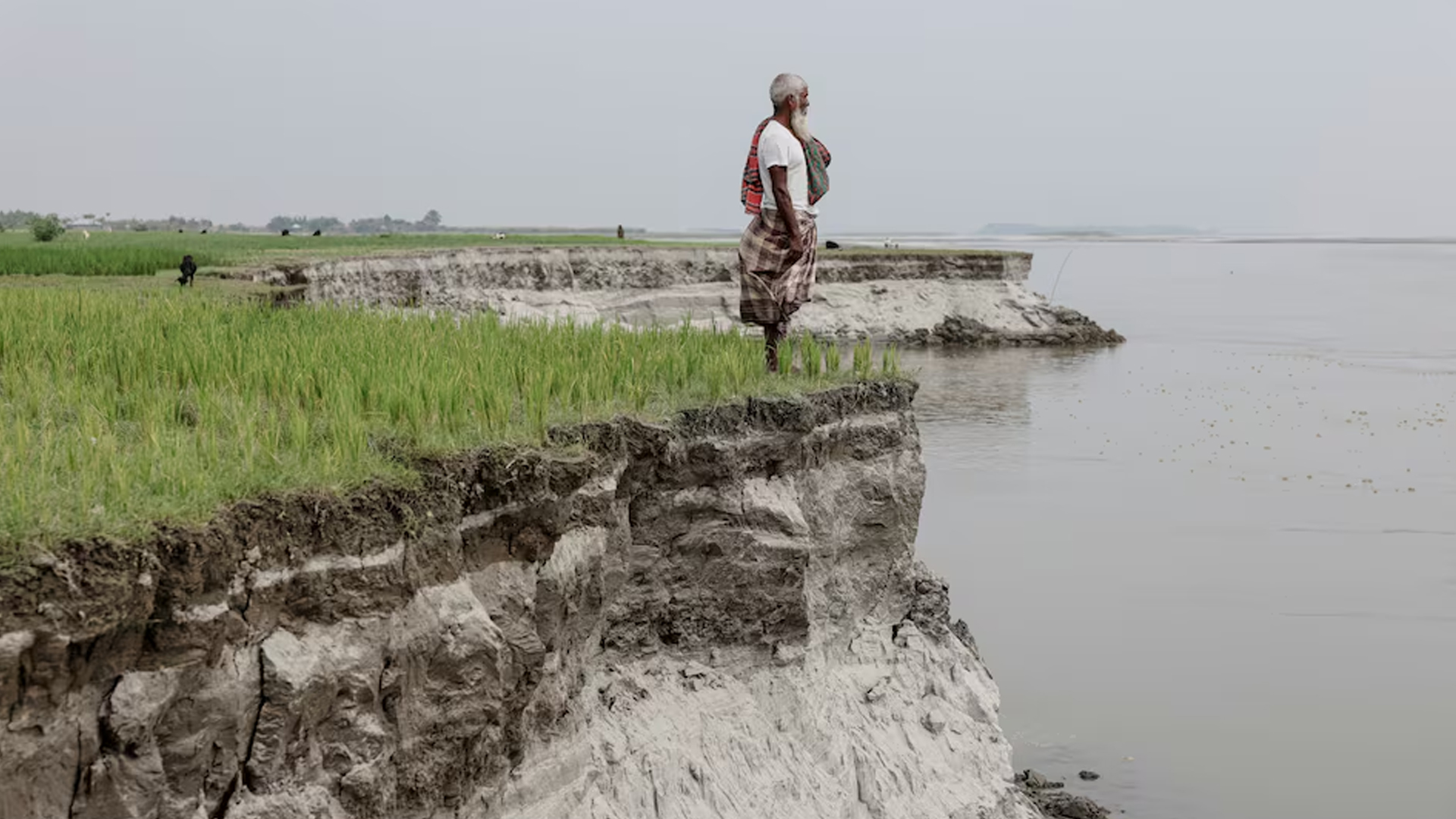U.S. PUSHES CRITICAL MINERALS DEALS AS CLEAN ENERGY, SECURITY COLLIDE

Washington links peace, trade and battery metals
The United States signed a wave of economic understandings in Southeast Asia that go beyond tariff relief and aircraft sales. The White House is now tying diplomacy to critical minerals — the cobalt, graphite, rare earths and other inputs that feed electric vehicle batteries, wind turbines and advanced chips. U.S. officials said they reached agreements with Cambodia, Malaysia and Thailand to deepen access to those minerals and related processing, in parallel with the ceasefire push between Thailand and Cambodia. The pitch is straightforward: Washington will channel investment and preferential market treatment to governments that calm local conflicts, curb cross-border crime, and align their supply chains with U.S. industry rather than China.
The sums are not small. U.S. and Australian leaders have talked about unlocking what they describe as an $8.5 billion pipeline of critical mineral projects, including vanadium and rare earth processing, and they signaled that at least $1 billion in public money from each side would start flowing within six months. Australian officials say North West Queensland alone sits on huge untapped deposits. The immediate goal is to secure non-Chinese feedstock for electric vehicles, grid storage batteries and defense applications. Longer term, Washington wants to break China’s near-total dominance in refining and component manufacturing.
Clean energy urgency meets geopolitical pressure
The minerals push is now part of U.S. climate messaging. Officials frame it as necessary to meet clean energy targets without depending on strategic rivals. But environmental and governance questions remain wide open. Communities in Southeast Asia and northern Australia have warned for years that new rare earth and vanadium extraction projects risk water stress, toxic waste and land disputes. Civil society groups argue that “green supply chains” are only green on paper if extraction is pushed into places with looser oversight.
Regional governments, meanwhile, are treating minerals as leverage. Malaysia and Thailand want tariff relief and industrial investment in return for commitments to police their borders, remove heavy weapons and clear landmines after July’s fighting. Cambodia, which signed the ceasefire and trade documents under U.S. pressure, is now presenting itself as a secure partner for U.S. manufacturing even as it rebuilds areas damaged in the border clashes. The message from Southeast Asia is that peace, climate transition and market access are now a single negotiation — and everyone expects a price.






















